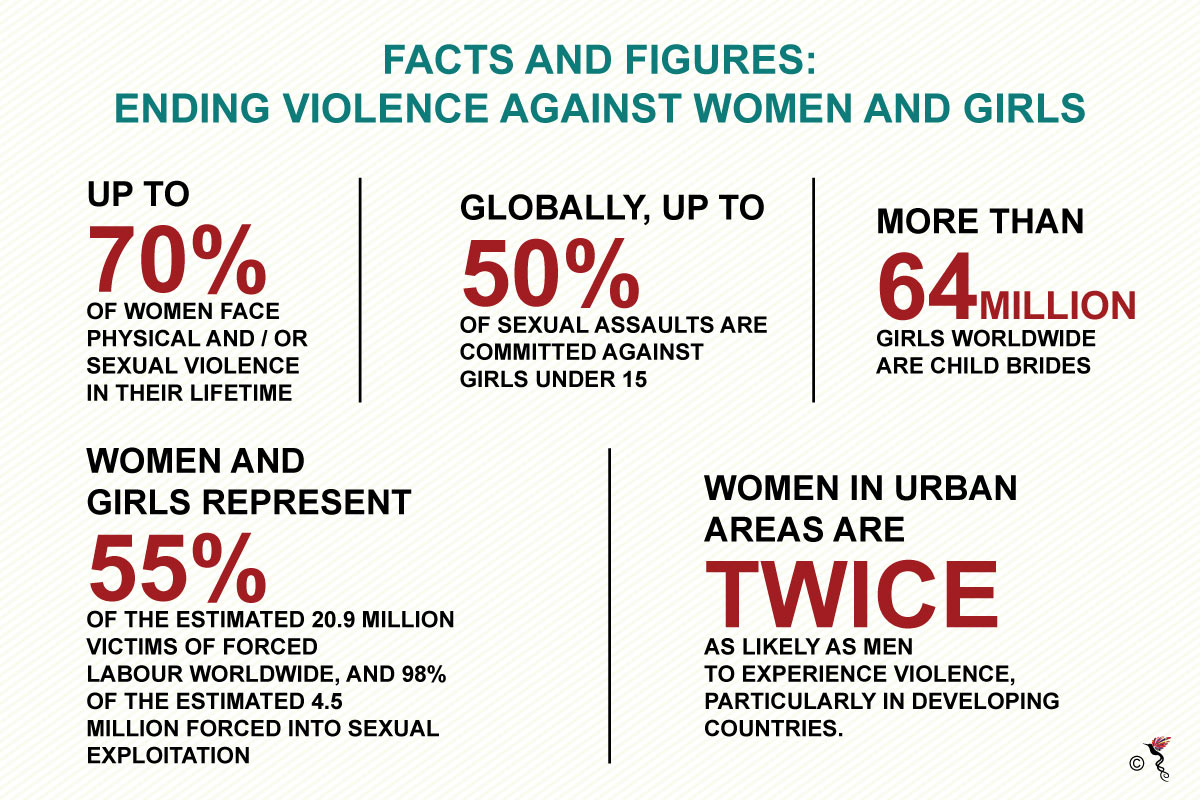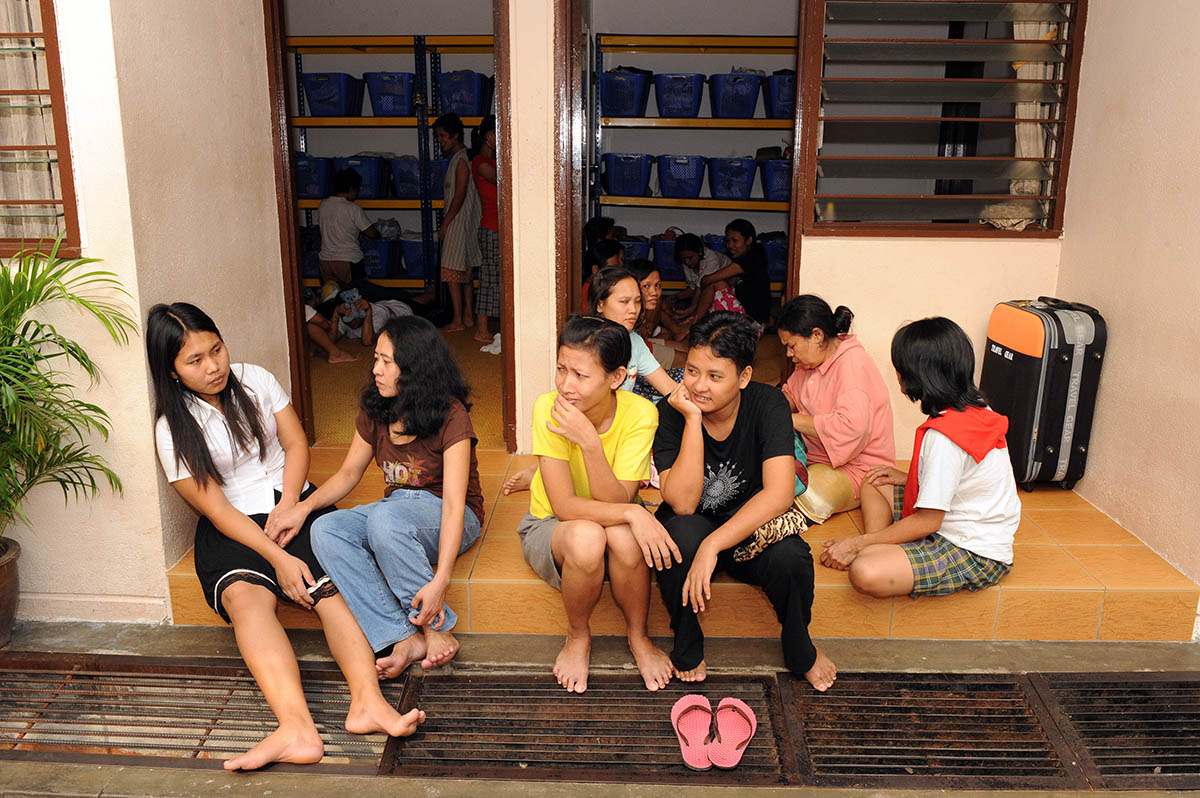“It is time to further our collective action to end violence against women and girls for good,” said United Nations’ Secretary-General António Guterres in his message on the International Day for the Elimination of Violence against Women on 25 November 2017.
He also said that unless the international community tackles violence against women, the world will not eradicate poverty or reach any of the other Sustainable Development Goals. This day was aimed to highlight the fact that around the world, more than one in three women in their lives have experienced physical violence, sexual violence, or both.
Violence against women and children is known as the most prevalent form of human right violation. These ghastly acts of violence against women not only affects the individual on a physical and mental scale but it also damages the family and communities around her as well as stalls development on many levels.
Economic impoverishment, coupled with discrimination and inequality, increases women’s vulnerability to violence, keeps them dependent on those around them and of course, limits their options.
Other consequences of violence against women include social and health problems. According to the United Nations (UN), “for women aged 15 to 44 years, violence is a major cause of death and disability. Rape and domestic and intimate partner violence are higher risk factors for women in this age-group than cancer, motor vehicle accidents, war and malaria.”
Apart from that, there is also a significant economic cost when violence against women occurs. This accounts for medical and healthcare services as well as productivity losses. Hence why the violence against women and children can effect the economic development of each nation.

Source: UN Women
Violence in the region
In some Southeast Asian countries more than the others, violence against women is a serious issue, particularly with regards to domestic violence, marital rape, child marriages and trafficking of women.
Despite having various policies and programmes, the implementation has been slow due to deep rooted cultural values and mentality, attitude and practices based on gender stereotype which ultimately justify exploitative behaviour and violence against women.
Currently, there are various campaigns around the region such as a national survey conducted in Cambodia’s UN Women to examine the levels of domestic violence as well as its impacts and acceptance.
The previous Say NO to Violence campaign in Thailand received an overwhelming response and was successfully inserted in a national Plan of Action to end domestic violence.
In Malaysia, the Women’s Aid Organisation (WAO) has compiled a report highlighting 21 cases of domestic violence against women in the country to illustrate how a coordinated community response from all relevant stakeholders – governmental and non-governmental – must respond to end domestic violence.
On a more regional scale, The ASEAN Commission on the Promotion and Protection of Rights of Women and Children (ACWC) encourages ASEAN Member States to improve their situation and promotes public awareness and education about the rights of women and children in ASEAN, including through promoting research on the situation and well-being of women and children.
Among other efforts, the UN launched a zero-tolerance policy towards sexual harassment their 'UNiTE by 2030' campaign.
The UNiTE Campaign will mark this year's 16 Days of Activism against Gender-Based Violence, from 25 November through 10 December, under the theme Leave No One Behind: Ending Violence against Women and Girls”.
Recommended stories:
